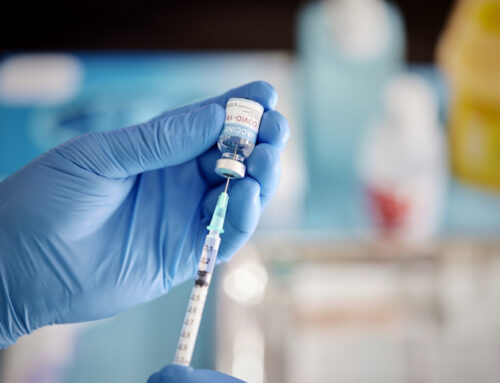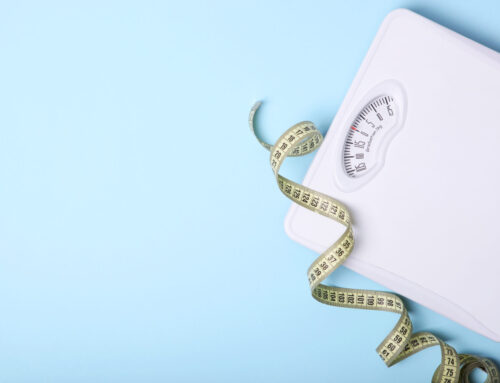Objective
To examine bidirectional associations between objective measures of sleep quantity and quality with postconcussion symptoms (PCS) scores in concussed youth during the first week postinjury and to explore the associations between sleep measures and time to symptom resolution.
Study design
We conducted a secondary analysis of a prospectively enrolled cohort of youth (11–17 years) with a physician diagnosed concussion within 72 hours of injury. During the first week postconcussion, sleep quantity (time in bed, total sleep time and daytime sleep) and sleep quality (sleep efficiency, WASO and number of awakenings) were measured using an ActiGraph. We evaluated bidirectional temporal associations between the sleep measures and PCS during the first week postinjury using cross-lagged panel models. We assessed the associations between sleep measures and time to symptom resolution using Cox proportional hazard models.
Results
Participants included 78 concussed youth, 34.6% females, mean age of 14.2 years (SD=2.1). Significant bidirectional associations were observed between PCS and both total sleep time and daytime total sleep in the first week postinjury. Increased daytime sleep was also associated with a decreased likelihood of symptom resolution, adjusted HR (aHR)=0.88, 95% CI=0.78, 0.999. An optimal total sleep time of 418 min per day was associated with a 2.1-fold increased likelihood of symptom resolution (aHR=2.1, 95% CI=1.3, 3.2).
Conclusions
Clinicians should provide guidance on sleep hygiene, including limiting daytime sleep/naps and getting the appropriate amount of nighttime sleep acutely postconcussion to aid recovery in youth.




